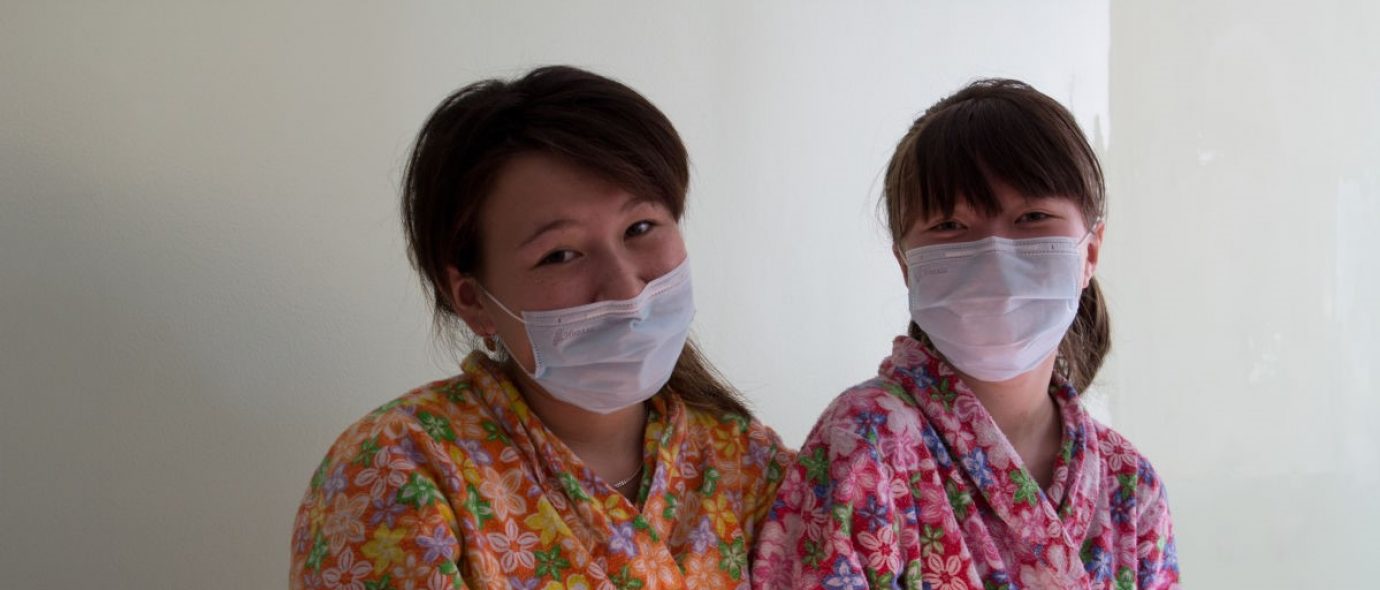People suffering from resistant forms of tuberculosis (TB) can now be cured by more patient-friendly treatments. The World Health Organization (WHO) recommends the use of these new treatments under certain conditions. This means that painful, daily injections and years of treatment are no longer needed. KNCV Tuberculosis Foundation has contributed to these developments and is ready to support countries with the introduction of the new drugs and regimens.
Resistant TB: no more injections
TB is the most deadly infectious disease in the world, killing 1.5 million people every year. Unnecessary, because TB can be cured. In many cases, an oral antibiotic treatment of six months is sufficient. Resistant TB is more difficult to treat because the bacterium is resistant to one or more antibiotics. For these patients, a treatment of at least nine months was necessary in many cases, including a painful daily injection for four months. The alternative was a 20-month treatment without injections. For the first time, the WHO now recommends a full oral treatment for nine to twelve months for these patients.
Extensively resistant TB: shorter treatment
Extensively resistant TB is resistant to even more antibiotics, including the most important second line drugs. Up to now, treatment consisted of around six different medicines per day for twenty months. The new so-called BPaL regimen (LINK) is changing that. This treatment lasts only six months and consists of three drugs including the new drug pretomanid, which was developed by TB Alliance. The WHO recommends the use of this under ‘operational research conditions’.
KNCV Tuberculosis Foundation: “New era”
“Operational research conditions mean, among other things, that a contribution must be made to the global scientific evidence for the application of this new treatment,” says Kitty van Weezenbeek, executive director of KNCV Tuberculosis Foundation. “We are very experienced in evidence generation and are ready to help countries with the introduction of these improved treatments.”
For years, KNCV has supported the introduction of new medicines and treatments worldwide. The past year KNCV also worked closely with TB Alliance; KNCV conducted studies on acceptability and costs of the new BPaL regimen in Indonesia, Kyrgyzstan and Nigeria. In Ukraine and Tajikistan two projects are already being supported by KNCV to start the use of BPaL. In nine other countries KNCV assists with planning and mobilizing funds to enable the introduction of these shorter treatments without injections.
Van Weezenbeek: “This marks the start of a new era. These new treatments are a major improvement for both patients and caregivers. We want to do everything we can to ensure that the people who need these life-saving treatments are provided with them rapidly and responsibly.”
Read more: statement KNCV Tuberculosis Foundation on WHO rapid communication on drug resistant TB.

